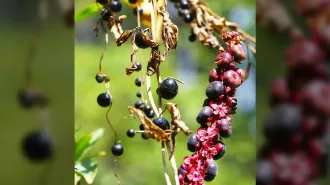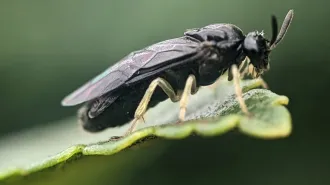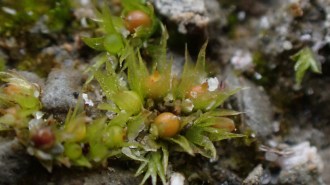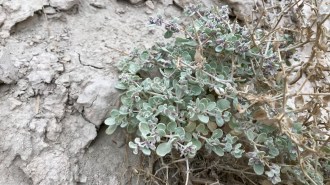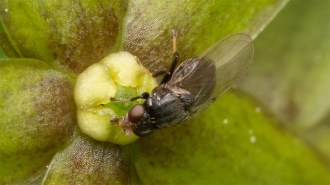These petunias launch seeds that spin 1,660 times a second
High-speed cameras capture how fastest-known rotation helps plants fling seeds far
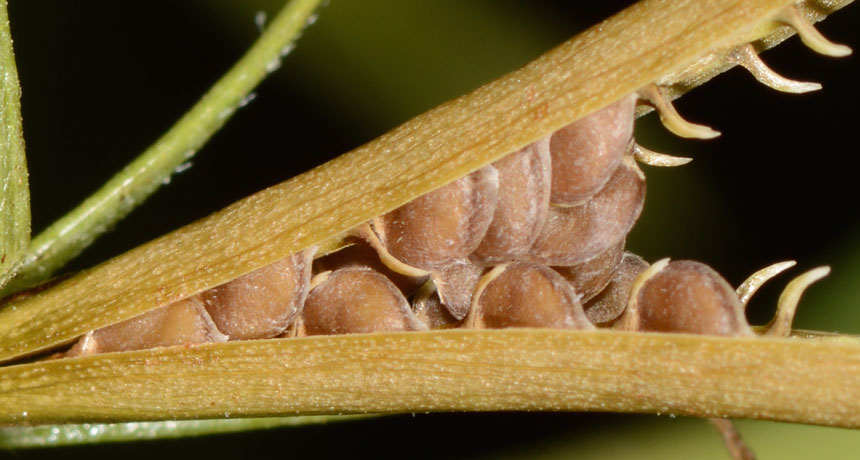
FRUIT PUNCH The seed-studded fruit of a hairyflower wild petunia (Ruellia ciliatiflora) is hygrochastic, bursting open upon contact with water.
Erin Tripp/Univ. of Colorado


